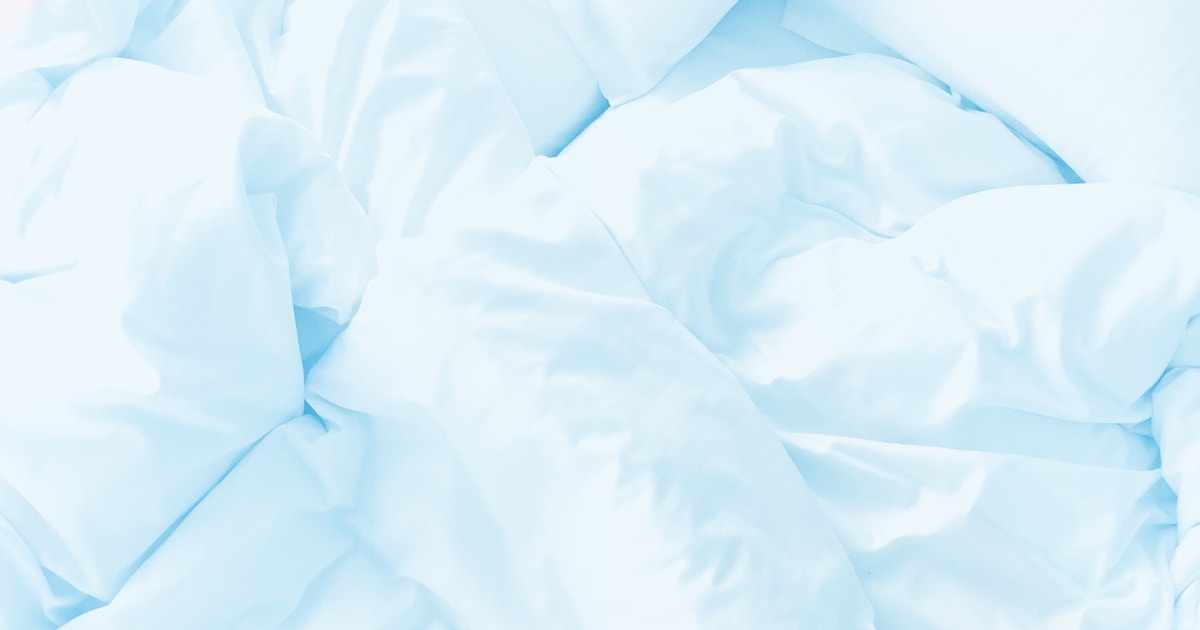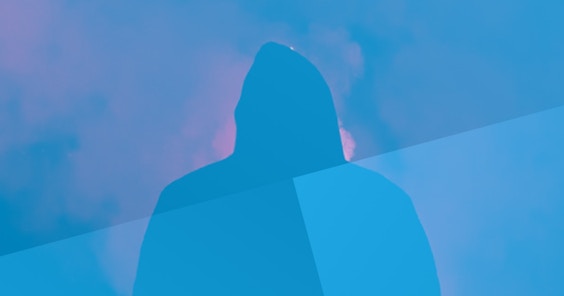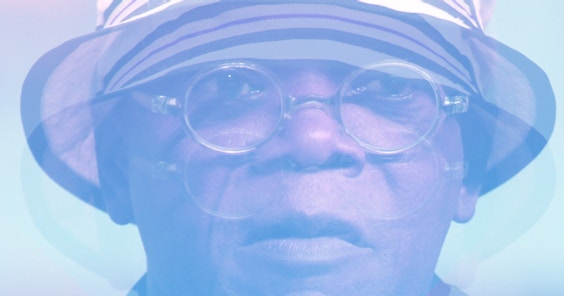I Am Sober is a free app that helps you get some control back in your life.

Melatonin After Cocaine: What to Know
Last Updated: Tue, April 29, 2025When most people think about cocaine, they think of the crack epidemic of the 1980’s and 1990’s. However, cocaine is still very popular in the United States- especially among young people. It is oftentimes referred to as a “party drug” because it is a stimulant that causes a burst of energy in those who use it. Few young people understand the true dangers of cocaine because they have become desensitized to the substance.
Cocaine use has been popularized in movies and films and portrayed as a fun, harmless drug. This couldn’t be further from the truth. Cocaine is highly addictive and has a negative impact on both physical and mental wellbeing. This article will discuss how cocaine use affects sleep.
How does cocaine affect my sleep?
People use cocaine to feel awake, alert, and energetic. However, all of these feelings are counterintuitive to getting a good night’s sleep. Studies have shown that cocaine use can have a direct negative impact on the genes that contribute to our circadian rhythm, also known as our biological clock.
This is because excess amounts of dopamine in the brain can cause a decrease in melatonin. Melatonin is a naturally-produced chemical that enables sleep.
As with many drugs, cocaine users get a “high” because excess amounts of dopamine are released into the brain. So, initially, the rush of dopamine inhibits the production of melatonin, which tricks the body into thinking that it does not need sleep.
However, cocaine use doesn’t only impact sleep in the short-term. When the brain is consistently flushed with too much dopamine, it becomes unable to reabsorb this vital chemical.
This means that, over time, cocaine use can prevent the body from getting the crucial sleep it needs. Here are the most common sleep-related side effects of cocaine use:
-
Insomnia
-
Poor sleep quality
-
Suppressed REM sleep
How does this affect the different levels of sleep
Cocaine use affects nearly every stage of sleep. There are five sleep stages:
-
stage 1
-
stage 2
-
stage 3
-
stage 4
-
and stage 5 (REM sleep)
Stages 1 and 2 are considered light sleep, stages 3 and 4 are considered deep sleep, and REM sleep is a period of deep and regenerative sleep where the body repairs itself and the brain dreams.
Because cocaine keeps the body alert due to excess amounts of dopamine, many cocaine users find it difficult to fall asleep at all, thus inhibiting the first sleep stage.
Stages 3 and 4 of non-rapid eye movement (NREM) sleep are crucial. During this period of deep sleep is when the body repairs tissue, strengthens muscles, and enhances its immune system. Those who use cocaine are oftentimes unable to fall into this deep sleep period, which can have detrimental effects because the body is unable to regenerate.
Lastly, cocaine users have poor overall sleep quality and suppressed REM sleep. When REM sleep is suppressed, the body is unable to dream and fully complete its sleep cycle for optimal rest.
How does cocaine affect my dreaming?
Most cocaine users either don’t dream, dream rarely, or have very vague memories of their dreams. This is because cocaine use suppresses REM sleep, which is the sleep stage in which the majority of dreaming occurs. Vivid dreams also solely occur in this sleep stage.
How does withdrawal from cocaine affect my sleep?
When it comes to cocaine, many experience worse sleep in the first few weeks of sobriety. However, the majority of recovering cocaine addicts report that their worst sleep peeks at two weeks sober, but then improves drastically thereafter.
When will my sleep quality start to improve in sobriety?
This is specific to each individual. While some who are detoxing from cocaine will experience improved sleep quality after ten days, for some it takes up to three weeks. However, one thing is certain- sleep quality will improve with time.
It’s important to be patient with your body when you get sober. You may want to return to a healthy sleeping pattern immediately after quitting cocaine, but it will likely take some time.
What are ways I can improve my sleep?
If you are currently detoxing from cocaine, it’s likely that you will struggle with your sleep quality for up to a month. While there is no avoiding this withdrawal symptom, there are ways to make it less intense. Here are some helpful tips to improve your sleep quality in sobriety:
-
Cut out caffeine after 3pm: Like cocaine, caffeine is a stimulant. It will keep you feeling awake and energized and can stay in your system for hours after consumed. To ensure optimal sleep quality, don’t drink any caffeine after 3pm. This should give your body enough time to flush the caffeine out of your system before you go to sleep. If this doesn’t help aid sleep, cut out caffeine entirely.
-
Eliminate screen time before bed: The blue light emitted from televisions, laptops, and cell phones can make it harder to fall asleep.
-
Stop napping: In order to get good sleep, your body needs to be properly tired.
-
Go to bed and wake up at the same time every day: This can help your body get used to your routine. If you follow this method, you will eventually begin to get tired at the same time every night, which can help improve sleep quality.
-
Ask your doctor about melatonin
-
Exercise regularly: Daytime exercise has a plethora of benefits. However, it can also help you feel more tired at night because it reduces body temperature and decreases anxiety.
Cocaine and sleep don’t have a great relationship. If you are an avid cocaine user and struggle with insomnia and poor sleep quality, your drug use is likely the main reason.
Sleep is so important for both our physical and mental wellbeing. Sleep deprivation over a long period of time can lead to increased anxiety, heart disease, type 2 diabetes, obesity, paranoia, and even sleep disorders.
While quitting cocaine may seem like a daunting task, you are not alone. We at I Am Sober are here to help, as well as your fellow recovering addicts. Take your recovery one step at a time and you are sure to reap the benefits.
Other resources:
I Am Sober is a free app that helps you get some control back in your life.




